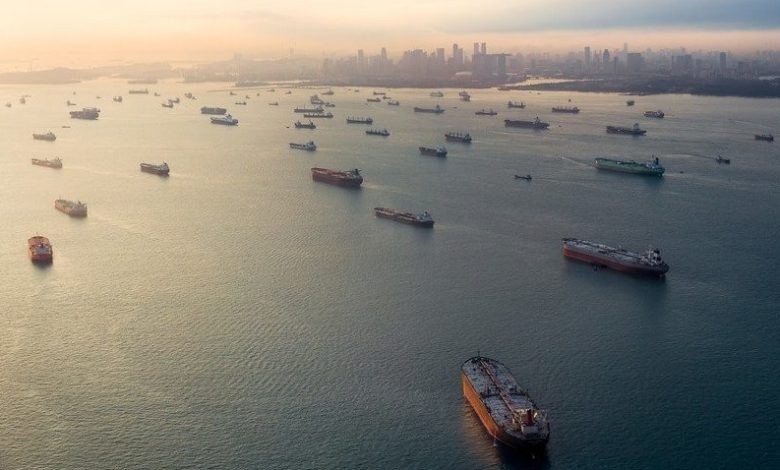
The Maritime and Port Authority of Singapore (MPA) has laid the blame for a big fuel contamination outbreak on suppliers from the Middle East.
With 200 ships hit hard by off-spec high sulphur fuel oil sold in Singapore by Glencore and PetroChina in February and March, the MPA has been investigating the outbreak over the past month, the results of which show the complex supply chains involved in delivering bunker fuels around the world.
The fuel, which was found to contain high concentration levels of damaging chlorinated organic compounds (COCs), was traced back by the MPA to fuel purchased by Glencore in January and February this year. Glencore had purchased the fuel through Singapore-based Straits Pinnacle, which had contracted its supply from Unicious Energy. The contaminated HSFO was loaded at the Port of Khorfakkan in the United Arab Emirates (UAE) onto a tanker and shipped to floating storage facilities in Tanjung Pelepas, Malaysia to be further blended. The blended HSFO was subsequently delivered to storage facilities in Singapore. Part of the blended HSFO was also sold by Glencore to PetroChina.
To ascertain the source of contamination, MPA tested fuel samples taken from various sources, including the tanker which delivered the HSFO from Khorfakkan, fuel blending facilities, and storage facilities of Glencore and PetroChina. Fuel onboard the tanker was found to contain high concentrations of COCs.
Forensic fingerprinting analysis of the fuel samples taken from the tanker showed a match with the samples taken from several affected ships that had taken HSFO from Glencore and PetroChina. The forensic fingerprinting analysis established with reasonable certainty that contaminated fuel onboard affected ships had likely come from the same source of fuel onboard the tanker that was loaded at Khorfakkan.
All MPA-licensed bunker suppliers are required to test the fuel to ensure that it complies with international standards. MPA has established that both Glencore and PetroChina, as MPA-licensed bunker suppliers, had carried out tests on the fuel supplied based on the international standards of petroleum products of fuel. However, as the current international standards do not require tests for COCs, the contamination was not promptly detected.
In light of this incident, the MPA is encouraging bunker buyers to request for enhanced fuel testing for COCs from their bunker suppliers. The MPA is also conducting further testing of both Glencore and PetroChina’s fuel samples while also vowing to check more regularly for COCs in tests it carries out regularly with suppliers in Singapore.
Singapore’s contaminated fuel outbreak is likely to cost tens of millions of dollars and keep lawyers busy for years to come.

I blame it on greed and not following sensible, long standing procedures.